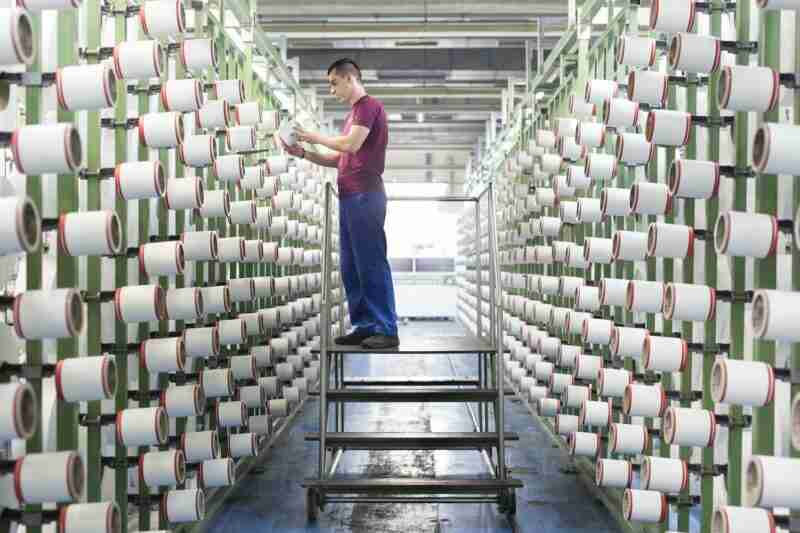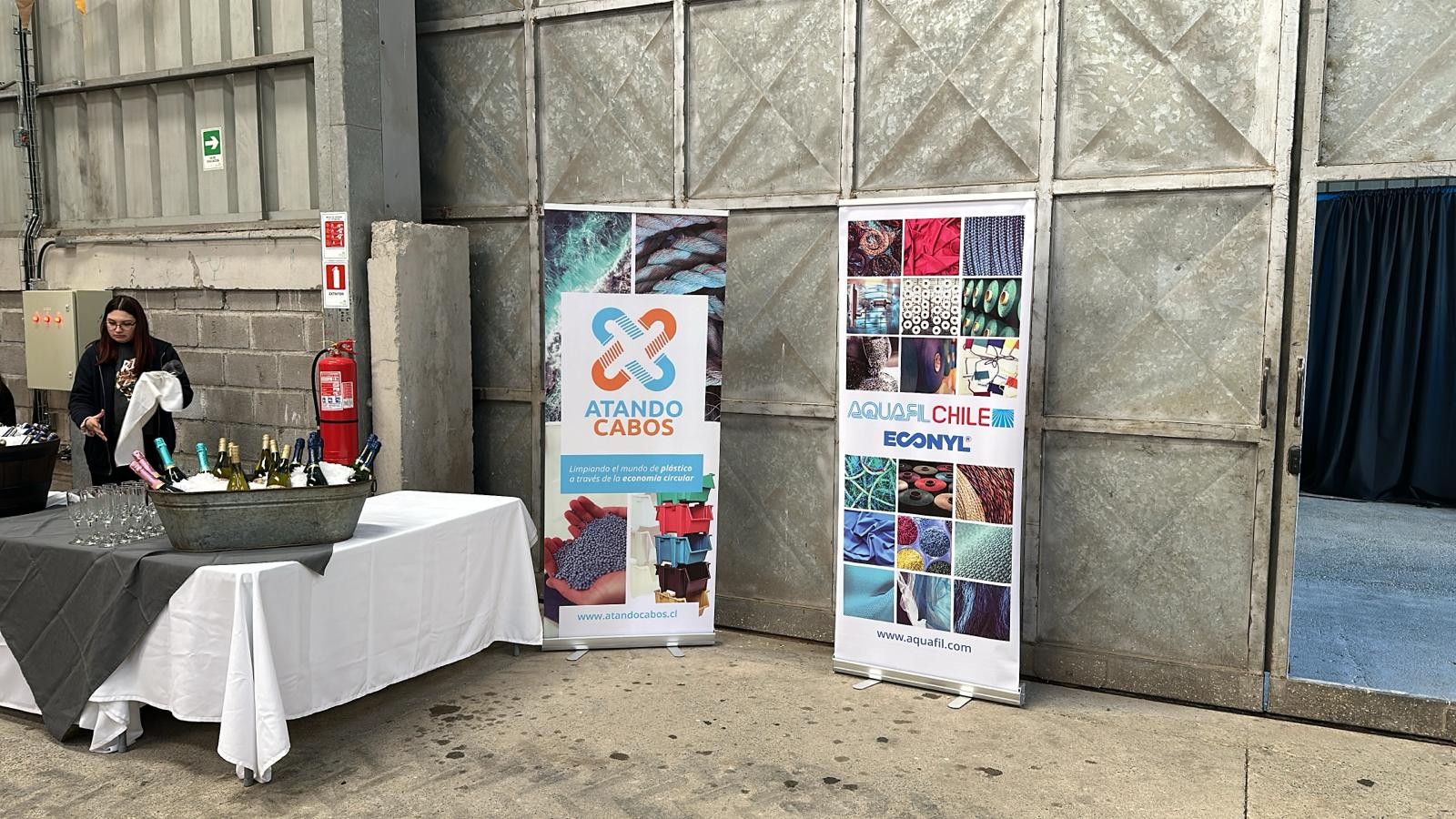Trust and Transparency in Material Manufacturing
It is no longer enough to just sell a good product. Now, consumers prioritize buying products that are ethically and sustainably made — they want to know you are paying workers fairly, providing safe working conditions and limiting your impact to the environment. The Global Sustainability Study 2021 found that 61% of U.S. consumers consider sustainability an important purchase criterion, with more than one-third willing to pay more for sustainable products.
This has become especially important in the manufacturing of textiles and materials. The fashion industry has been heavily scrutinized for their treatment of workers, massive resource consumption and waste. According to a MacArthur Foundation study, the fashion industry produces over one million metric tons of CO2 each year. The Climate School at Columbia University shared that 53 million metric tons of clothing is incinerated or dumped in landfills each year and that of the 75 million factory workers around the world, only 2% earn a living wage.
The Risk of Greenwashing
To address sustainability issues, many organizations have started to market themselves as environmentally friendly, claiming to use recycled materials or improve working conditions. However, without accountability, several brands have been caught “greenwashing,” or overexaggerating their claims to sustainability.
Some of the red flags of greenwashing include:
- Not providing information to support claims of sustainable practices
- Using terms like “environmentally friendly” or “made from recycled materials” without specification
- Describing packaging as “recyclable” despite using resource-heavy materials
- Making environmental claims that the company is already legally required to comply with
- Supporting organizations that actively fight environmental legislations
To build trust with customers and avoid falling into the greenwashing category, companies and manufacturers who claim sustainability must be open, honest and transparent.
How to Show Transparency
Consumers not only want businesses to be sustainable, they also crave transparency. In a recent report, Social Sprout discovered that 86% of Americans say transparency from businesses has become really important. The same report shared that most people consider transparency as being open, clear, honest and authentic.
Materials manufacturers can show transparency into their business practices by:
- Consistently communicating. If you claim to reduce waste, share the exact number or percentage of items you divert from landfills every year and explain what you do with waste instead. If you claim to support better working conditions, be honest about how much workers are paid and what they experience on a day-to-day basis. Provide regular insights into what your organization is doing to improve its practices, and be upfront when you don’t meet expectations. Consumers prefer an honest business that is making effort over one that hides behind misleading marketing language.
- Obtaining third-party certifications. When a credible third-party organization can back up your claims of sustainability, it serves as greater proof than just making the claims yourself. Some of the top certifications businesses should seek, depending on your sustainability claims, include a B Corp certification (considered the gold standard in sustainable brands), a Fairtrade International certification for fair working conditions, a Climate Neutral certification for offsetting and reducing carbon emissions and ISO certifications for energy management and social responsibility.
- Tracking the process. Manufacturers should track every aspect of their product’s life, from the ingredients used to create it to the social and environmental conditions under which it’s made to what happens at the end of its life. This is especially important for the materials industry. Knowing each of these steps enables the business to see where it is falling short so they can take proactive measures to ensure they meet their claims.
Aquafil shows transparency in our own efforts toward circularity through our annual Sustainability Report. In the report, we review the efforts we’ve made toward improving our Environmental, Social and Governance standards, being as specific as possible with numbers and clear statements. We also establish accountability by sharing our future ESG goals.

Commit to Greater Transparency
When organizations commit to being transparent with their sustainability and eco-conscious practices, we get one step closer to achieving a circular economy. Many businesses have gained trust with consumers through transparency.
For example, fashion brand Tonle Designs has created a zero-waste clothing line using upcycled fabric scraps. They are open about how they source their materials and the wages they provide workers, while also critiquing the fashion industry and themselves. Avocado, the creator of eco-friendly mattresses and other furniture, backs up their sustainability claims as a certified B Corporation and CarbonFree® Partner.
Aquafil not only strives for innovative, sustainable initiatives within our own business practices, we are also proud to work with many other companies in the interior design, fashion and architecture industries that value transparency and work toward a circular economy. We are grateful for the work these businesses are doing and hope to see a greater push toward transparency throughout the materials manufacturing industry. Together, we can make a difference.
Author: Franco Rossi, President, Aquafil USA




